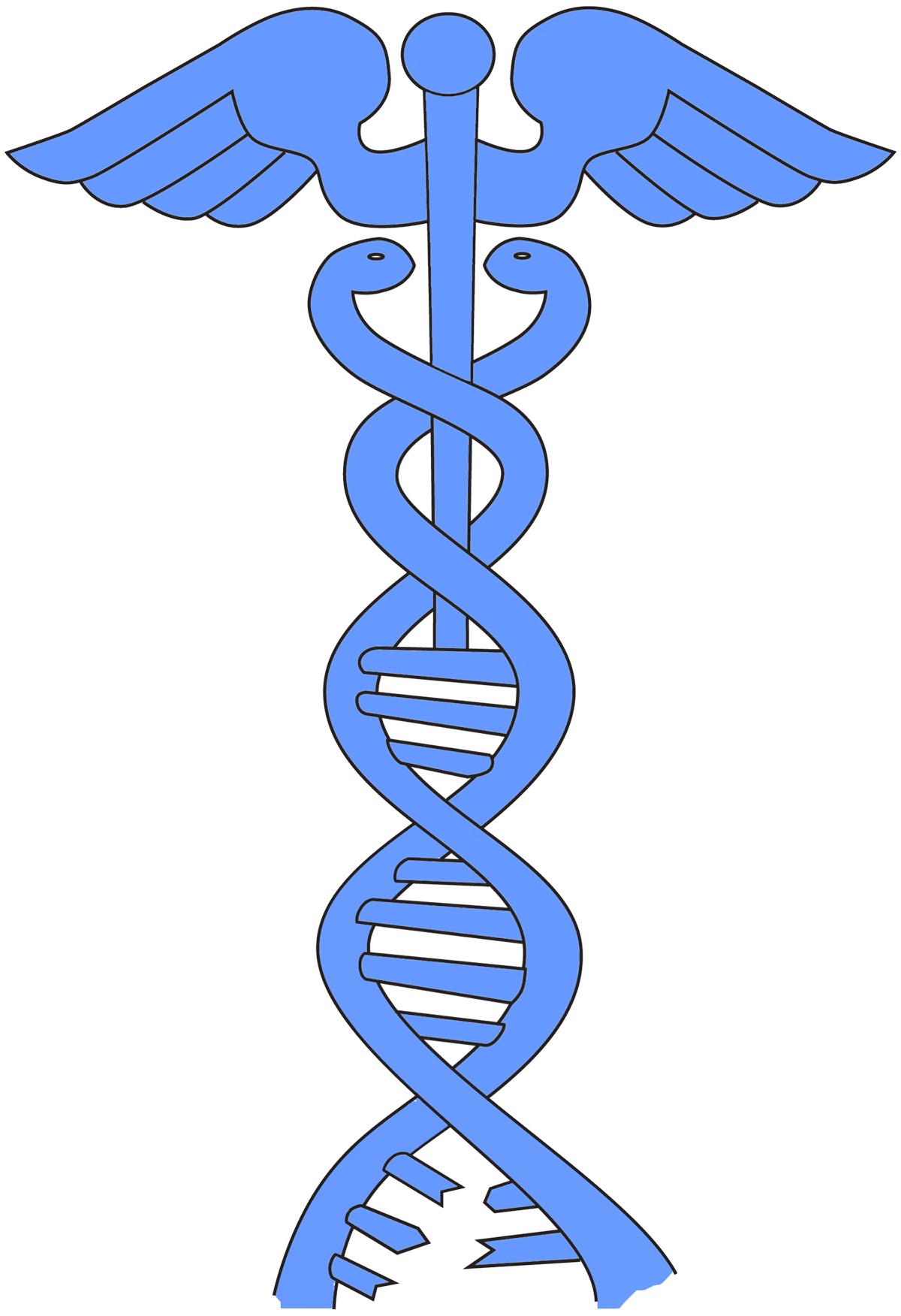
Program Description:
In 2006, UNC was one of 13 universities awarded a “Med into Grad” training grant from the Howard Hughes Medical Institute for the purpose of engaging more graduate students in translational medicine. Since 2018 the program has been supported by a Molecular Medicine T32 from the NIGMS. (Please cite 1T32GM12274 on any publications that result from this support).
Students enter the program at the end of their first year and remain in the program until graduation. Trainees receive a certificate in translational medicine when they graduate from one of the 13 PhD granting programs associated with UNC’s Biological and Biomedical Sciences Program.
The strength of the program comes from augmenting the usual student-research PI team with a clinical co-mentor who helps guide the student’s research and immerses the student in clinical experiences, vocabulary, and the overall culture of clinical research. In addition to experiential learning, the training program also provides didactic education. This includes a 2-semester human pathophysiology course, a translational medicine seminar series, lunch and learn meetings, and a yearly symposium on topics in translational medicine.
What is Translational Medicine?
Mario Sznol, MD, a member of the Journal of Translational Medicine Editorial Board, suggested that Translational Medicine should be defined as a discipline that encompasses:
- Basic science studies which define the biological effects of therapeutics in humans.
- Investigations in humans which define the biology of disease and provide the scientific foundation for development of new or improved therapies for human disease.
- Non-human or non-clinical studies conducted with the intent to advance therapies to the clinic or to develop principles for application of therapeutics to human disease.
- Any clinical trial of a therapy that was initiated based on #1–3 with any endpoint including toxicity and/or efficacy.
Certificate requirements
To earn a certificate in translational medicine, scholars must apply for acceptance into the program (click here for information on how to apply) and complete the following requirements:
- Pursue a dissertation project with at least one aim involving clinical/translational research.
- Take and pass 8 credits of Translational Research/Clinical Coursework. The following courses are preapproved to fulfill this requirement:
- PATH 713-714: Molecular and Cellular Pathophysiological Basis of Disease (5 credits total)
- Path 723: Practical Considerations for Translational Research (2 credits)
- PATH 725: Cancer Pathobiology
- CBPH 852-853: Experimental Physiology of Health and Human Disease (4 credits each).
- NUTR 600: Human Metabolism: Macronutrients (3 credits)
- NUTR 620: Human Metabolism: Micronutrients (3 credits)
- NBIO 800: Gene-Brain-Behavior Interactions in Neurodevelopmental Disorders: Towards an Integration of Perspectives on Disease Mechanisms (3 credits)
- NBIO 801: Clinical Syndromes & Neurodevelopmental Disorders (3 credits)
- NBIO 751: Neurodevelopmental Basis of Brain Disorders (2 credits)
- Alternative coursework may be approved on a case by case basis with program leadership.
- Undertake a multi-year clinical exposure plan with your clinical co-mentor and keep an electronic log of your experiences.
- Attend the monthly Research in Progress seminar series and periodically present your research therein.
- 75% attendance is required at the Research in Progress talks during the first 2 years in the program. Senior trainees are welcome to attend any talks or lunch and learns they wish.
- Attend and present your research in annual translational medicine symposia.
- The certificate is awarded concurrent with your PhD diploma.